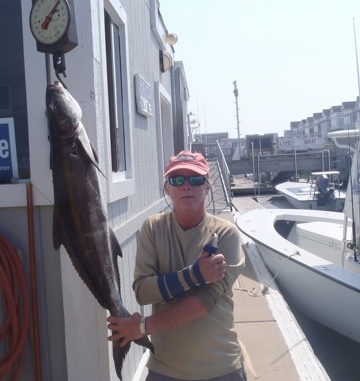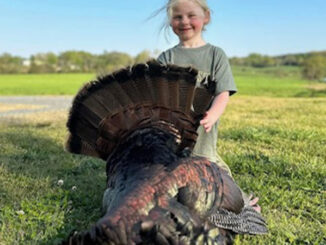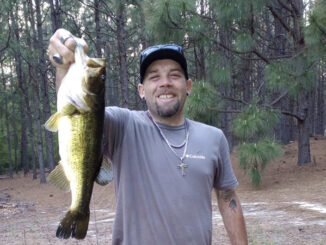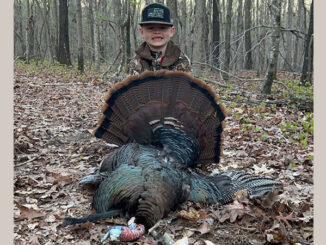
DHEC says mercury, PCB levels cause concern
State health officials have warned fishermen in South Carolina that while eating fish is good, some species should not be consumed very often.
New guidelines issued by the S.C. Department of Health and Environmental Control added cobia, a popular gamefish, to the advisories in the Atlantic Ocean due to mercury levels. The advisory recommends no more than one meal of cobia a month.
State officials added cobia to the list of species with warnings after collecting samples from fishing tournaments during the past few years, according to Adam Myrick, a spokesman for DHEC.
The warning “has not scared anybody off,” said Bryan Bobinchuck, chef and part-owner of Catch 22 restaurant on Hilton Head Island. Bobinchuck, who frequently fishes local waters, said anglers are still pursuing cobia as usual, and customers have been ordering it as usual, too.
The cobia warning brings to five the number of saltwater species that carry agency health advisories because of mercury pollution. Shark, swordfish, larger king mackerel and tilefish also carry consumption advisories.
David Wilson, chief of DHEC’s Bureau of Water, said certain species and water bodies in the Catawba River Basin have been added to this year’s advisories due to polychlorinated biphenyls (PCB) levels in the fish tissue.
Consumption recommendations for largemouth bass from Lake Wylie and the Catawba River are for no more than one meal per week. Largemouth bass from Fishing Creek and Cedar Creek should be eaten no more than once per month. DHEC has posted advisory signs at public boat landings around the Catawba River, Lake Wylie, Fishing Creek and Cedar Creek.
“Our website (www.scdhec.gov/fish) has a state map with the latest advisories, information, a booklet and other materials that can be downloaded,” Wilson said. “This information will help our citizens determine whether to keep and eat the fish they catch in South Carolina waters or release them back into the water.”
Wilson said people can still safely eat fish taken from the state’s waters if they follow the fish consumption advisory guidelines.
“These guidelines tell you the types and amounts of fish that are safe to eat from waters in South Carolina.”
Each advisory is based on one meal (or 8 ounces) of uncooked fish, which is about the size of two decks of cards. Consumption advice is given for a specific species of fish within a water body. The contamination is in the fish and does not make the water unsafe for recreational or drinking uses.
Fish are an important part of a healthy diet for everyone, including women and children. Fish contain protein and nutrients, are low in saturated fat, and contain omega-3 fatty acids.
Wilson said, however, that pregnant women, women who might become pregnant, infants, and children should not eat any fish with an advisory. These high-risk groups are also advised to not eat any king mackerel, shark, swordfish, tilefish, or cobia.
Copies of the 2011 Fish Consumption Advisory booklets are available from DHEC county public health departments, DHEC regional offices, the S.C. Department of Natural Resources district offices, Sportsman’s Warehouse in Columbia, Bass Pro Shop in Myrtle Beach, OB/GYN offices, health clinics and many state parks or on DHEC’s web site at: http://www.scdhec.gov/fish.
For additional questions or concerns about fish consumption advisories, call DHEC’s Fish Advisory Hotline toll-free at 1-888-849-7241.




Be the first to comment